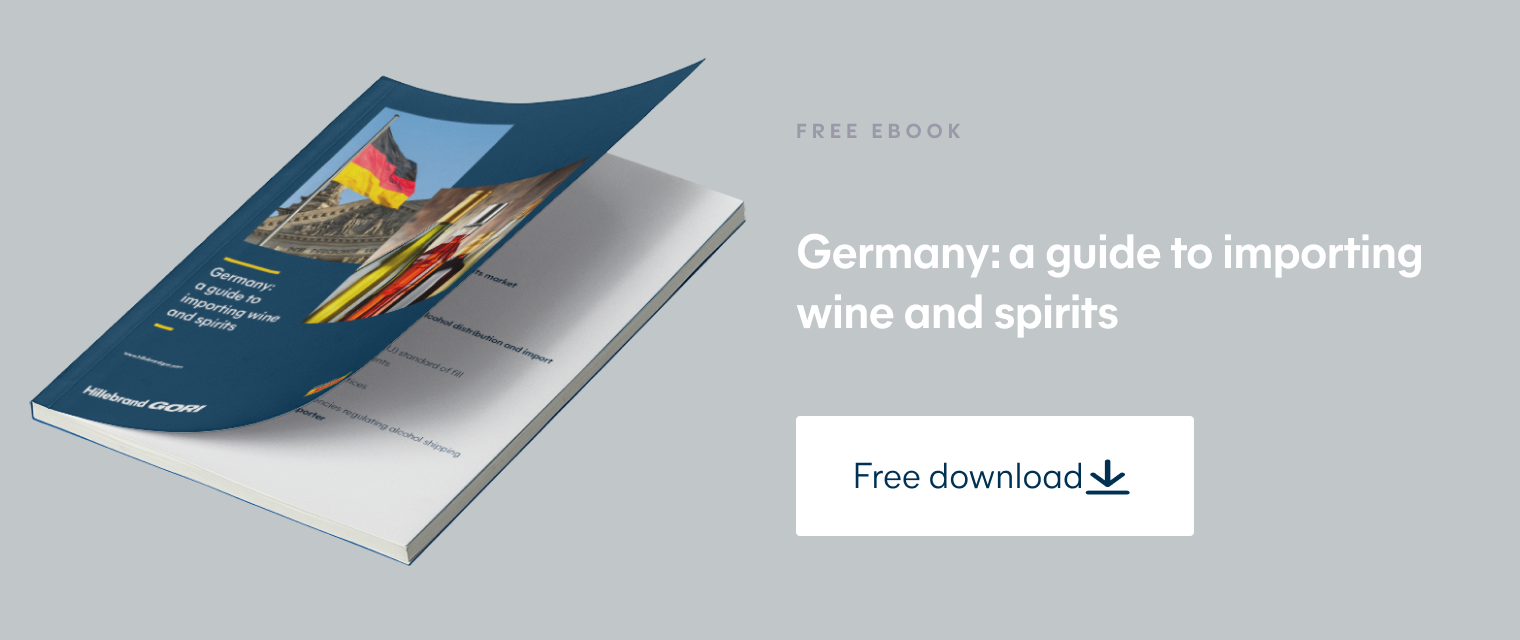Bonded products, duties, and taxes explained
Language around importing and exporting goods is complex. It involves bonded products, bonded warehouses, duties, and taxes, to name just a few terms. This article provides a quick explanation of some of the most common terminology, with the aim of helping to understand this important process.
When importing or exporting goods, it is important to consider bonded products and the duty status under which they are being moved. Similarly, there are also implications of bonded products in terms of the type of warehouse in which they are stored.
What are duties and taxes?
Duties are indirect tariffs, or charges, that are applied to goods that are sold across borders, such as alcohol and tobacco.
Taxes are fees imposed by the government on goods being brought into the country—examples include value-added tax (VAT) and sales tax. The names and rates of these taxes vary from country to country, but they are normally paid by the importer.
Whereas duties are a form of tax on goods moving between countries, taxes are charges placed on virtually all goods and services.
For more information on duties, taxes and tariffs, click here.
Duty suspended and duty paid
Most excise goods become subject to duty as soon as they are produced or imported. However, in certain circumstances the duty can be suspended, which means it will only have to be paid when the product is released for sale.
Duty-paid goods are those on which the duties and tax have been paid as they enter the import country, and in what’s known as free circulation.
Bonded products and transport
Rather than paying the import duty and VAT on items as soon as they are imported, choosing to store your goods in a Custom Bonded Warehouse will defer payment until the goods are removed from the warehouse and sold. These stored goods are classed as bonded products.
Bonded transport refers to licensed vehicles that are authorized to carry bonded products.
Another common term relating to imported products is ‘in bond.’ This means the duties or taxes have not yet been paid on them. These items can be stored in, or transported through, a country and, if the goods are not sold there, the shipment is not liable for import/export duties or taxes. The benefit of buying goods that are in bond is that the duties etc. are liable to be paid at a later date, which allows the importer to re-export the goods without paying the duty.
A very similar term is ‘under bond,’ although this relates to goods in storage that have not yet had any duties or taxes paid on them.
Bonded warehouses vs. non-bonded warehouses
A bonded warehouse is a secure storage facility, which is allowed to store goods that are liable to duty and tax. Wet-bonded warehouses are allowed to store alcohol, tobacco, and other excise goods. Dry-bonded warehouses are used for the storage of all excise goods other than alcohol and tobacco.
A non-bonded warehouse is used to store goods on which the duty has already been paid. As such, there is no deferred payment model, as with a bonded warehouse.
Bonded products are commonly used to store products that require processing or customs clearance before being released for sale. Examples of bonded products include wine, beer, spirits and tobacco.
The main benefit of bonded products is that importers can pay the duties or taxes after they have been customs cleared and moved to a warehouse. This allows products to be re-exported without having to pay the duty.
The length of time may vary depending on the country’s laws and regulations.
This depends on the country the products are exported from and to.
.png?sfvrsn=312da2e2_1)




